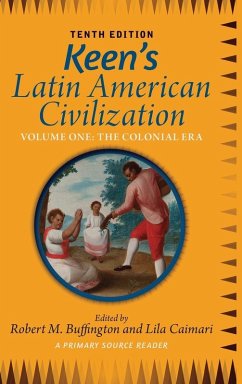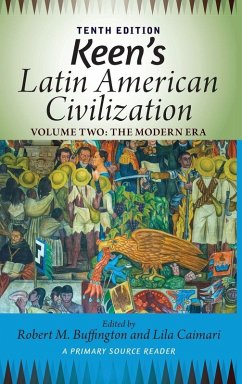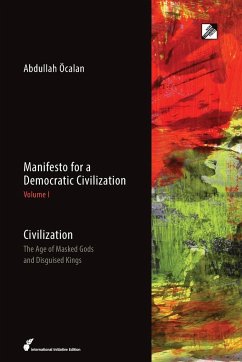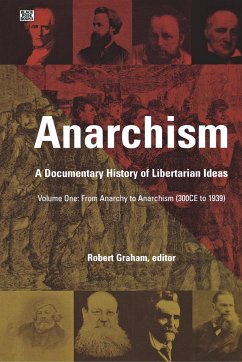
Civilization, Beyond Our Fall
Versandkostenfrei!
Versandfertig in über 4 Wochen
79,99 €
inkl. MwSt.

PAYBACK Punkte
40 °P sammeln!
Civilization, Beyond Our Fall explores the realities behind the rise and fall of historic civilizational ideals, especially on the fate of the Western vision. The book begins with the rise, durability, and fall of the historic civilizational profiles of humankind. It continues with the decline of the West, which from our perspective began with World War I and has continued at a faster pace in the 21st century. Itzkoff's prognosis for the next century or two is one of a dismal world of chaos, war, and deep pessimism throughout the world. The book concludes with a prediction of a world of scient...
Civilization, Beyond Our Fall explores the realities behind the rise and fall of historic civilizational ideals, especially on the fate of the Western vision. The book begins with the rise, durability, and fall of the historic civilizational profiles of humankind. It continues with the decline of the West, which from our perspective began with World War I and has continued at a faster pace in the 21st century. Itzkoff's prognosis for the next century or two is one of a dismal world of chaos, war, and deep pessimism throughout the world. The book concludes with a prediction of a world of scientific rationalism that will discard the ideologies, irrationalism, and selfishness that now characterize our elites. Here we leave dystopian realities for the perennial human hope of reason and for highly creative communities.














